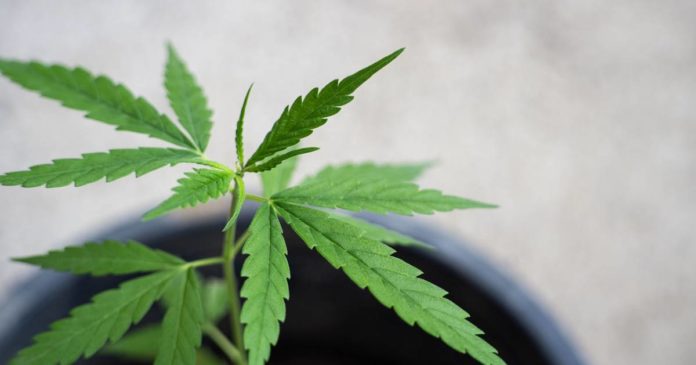New York State’s Cannabis Control Board has taken another step towards allowing the home cultivation of medical cannabis.
Late last week, the Board voted to release advanced regulations for a 60-day public comment period.
The proposed regulations allow each registered patient to grow up to three mature and three immature plants, but there is residence cap of six mature and immature plants. Designated carers above the age of 21 caring for a patient under 21 unable to cultivate their own cannabis plants can do so on the patient’s behalf. In a case where that caregiver has more than one patient, an additional plant can be grown for each patient.
Plants will need to be kept in a secure location not plainly visible in public view, and steps be taken to mitigate any odor.
Additionally, seeds, plants and flower cannot be sold to another person and any home processing involving a liquid or gas – except for alcohol – is not permitted where the liquid or gas has a flashpoint below 100 degrees Fahrenheit.
“With today’s vote, we are advancing these measures for the home cultivation of medical cannabis for the public’s input as we continue to expand the program and give more New Yorkers access to this medicine and the relief it provides,” said Cannabis Control Board Chair Tremaine Wright.
The regulations have been filed with New York’s Department of State.
New York residents may be eligible for medical marijuana if diagnosed with one of a number of severe debilitating or life-threatening conditions, including pain that degrades health and functional capability. Health practitioners registered with the New York State Department of Health’s Medical Marijuana Program are able to issue certifications.
Most forms of medical cannabis are permitted under the program, except for smoking it and edibles – how that works in with the home cultivation aspect isn’t clear, and would be rather difficult to police.
Currently there are around 40 dispensing locations across the state, but many of these are within the New York city metropolitan area, making it more challenging for those in other locations to access medicines. Home cultivation is seen as a way of helping to address the issue.


